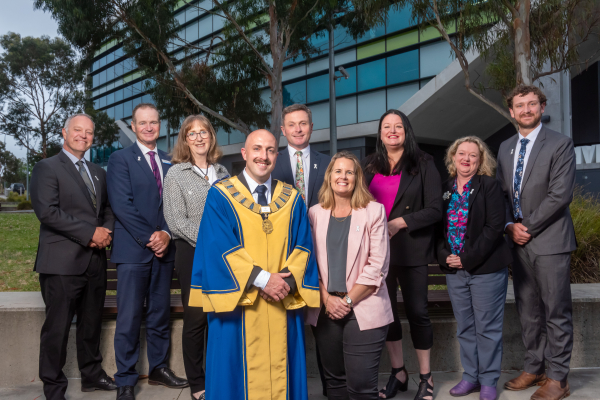In a world first, scientists will be able to use artificial intelligence to accurately predict sediment distribution on the Great Barrier Reef in the fight to protect it.
James Cook University Senior Lecturer Dr Mostafa Rahimi Azghadi said that despite the availability of existing modelling tools, there were currently no tools able to forecast the distribution of sediment or other pollutants for the wider area of the Reef.
“What we do is break down the Reef into small parts, so 4km by 4km areas, and based on the current and historical sediment values, the model can predict what sediment distribution will look like over the next day, in three days or even a week,” he said.
“This paves a way for accurate forecasting of sediment, which in turn may lead to improved water quality management for the Reef.”
Using previous data gathered from the Reef and modelled by an existing platform known as ‘eReefs’, JCU PhD student Mohammad Jahanbakht, Dr Azghadi and La Trobe University’s Professor Wei Xiang were able to achieve accurate predictions of sediment distribution ranging from 90 per cent to near 100 per cent accuracy over a seven day period.
Mr Jahanbakht, from TropWATER, said the sediment distribution data, taken from Australian Institute of Marine Science (AIMS) records between 2011 and 2017, was used to train the model.
The model was then tested by making a prediction over a seven day period during one of years previously recorded by AIMS, which closely matched the actual data on file.
“The model was very accurate with over 90 per cent accuracy out to seven days and more, and very close to 100 per cent accuracy if we were just looking at the few coming days,” Mr Jahanbakht said
“Potentially, if you had an area that’s got a problem with sediment pollution, you can use this model to make better management decisions ahead of time, as previous studies have shown that much of the sedimentation problem can be mitigated by managing a relatively small area.”
Dr Azghadi said the project came following discussions with AIMS principal research scientist Dr Barbara Robson about the possibility of using artificial intelligence as a predictive tool for better water quality assessment of the Reef.
The research team has published their full findings in the .








